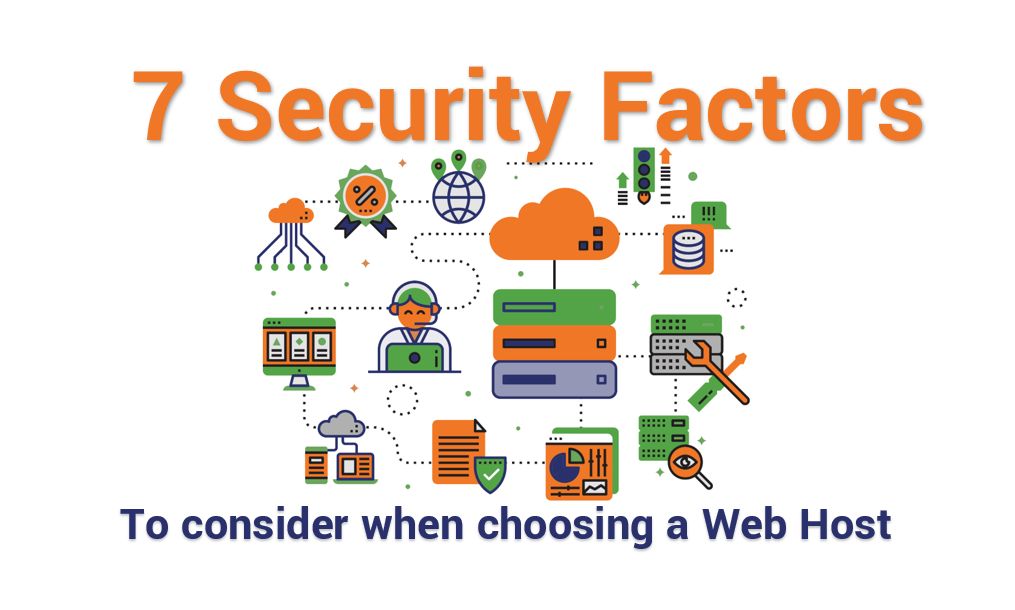The Best Web Hosting Security Tips

Many small and medium-sized businesses (SMBs) mistakenly believe they are too insignificant for hackers to target. But this notion has never been true. In fact, 43% of data breaches involve SMB victims.
Regardless if you own a personal blog or a large-scale global business, security should be a top priority of your Web Host. It is the most vital aspect that everyone should prioritize.
The potential consequences of a breach are familiar and damaging: significant financial losses, harm to your brand reputation, legal battles, and compliance penalties.
Therefore, it is essential for companies involved in website design or Domain and Hosting to implement basic security measures to protect their sites.
Top 5 Web Hosting Security Tips
Here are the best security tips to protect your web hosting server from malicious online attacks.
- Use Strong Passwords
Users with access to critical information on your website should use strong passwords. In the event of a hacking attempt, staff and administrators should consider changing their passwords.
A password-strength policy for your website is essential, and everyone should adhere to it.
- Deploy DDoS Protection
Distributed denial-of-service (DDoS) attacks disrupt the functioning of your website by overwhelming its resources with excessive traffic, rendering it inaccessible to your clients.
The best Web Hosting services offer robust security measures to safeguard your content and brand against these malicious attacks.
- Restrict Login Attempts
If an individual IP address attempts to log in more than three times to your website, you can block their access for a specific period.
While hackers can still use different IP addresses to break in, this measure slows them down. In addition, it makes it more challenging for them to gain unauthorized access, thereby enhancing the security of your website.
- Invest in an SSL Certificate
SSL stands for Secure Sockets Layer. It creates a safe connection between the browser and the web server.
You can identify the usage of an SSL certificate through a locked padlock sign in the address bar and the utilization of “https://” instead of “http://” in the website address.
If you operate an e-commerce site, buying an SSL certificate from a hosting service is a must. It protects customer information from theft, including credit card or banking details, personal names, addresses, and other sensitive information.
Whenever you collect personal and sensitive data, an SSL certificate is necessary.
- Perform Regular Backups
Regularly performing backups is crucial to safeguard your website against potential issues or disasters. Most Australian web hosting plans providers offer a control panel tool for backing up your website.
It is advantageous to choose a hosting plan that follows robust backup procedures. For example, consider the frequency of server backups, the backup method used, and the location where backups are stored.
Conclusion
Upon reading this article and adhering to the outlined security recommendations, you should feel more assured about the security of your server.
Several of these security measures should be incorporated during the initial setup of the server, while others should be integrated into regular or occasional maintenance practices.
If your server monitoring needs to be automated, you must map out a schedule for conducting security checks and ensure that you follow it diligently.
